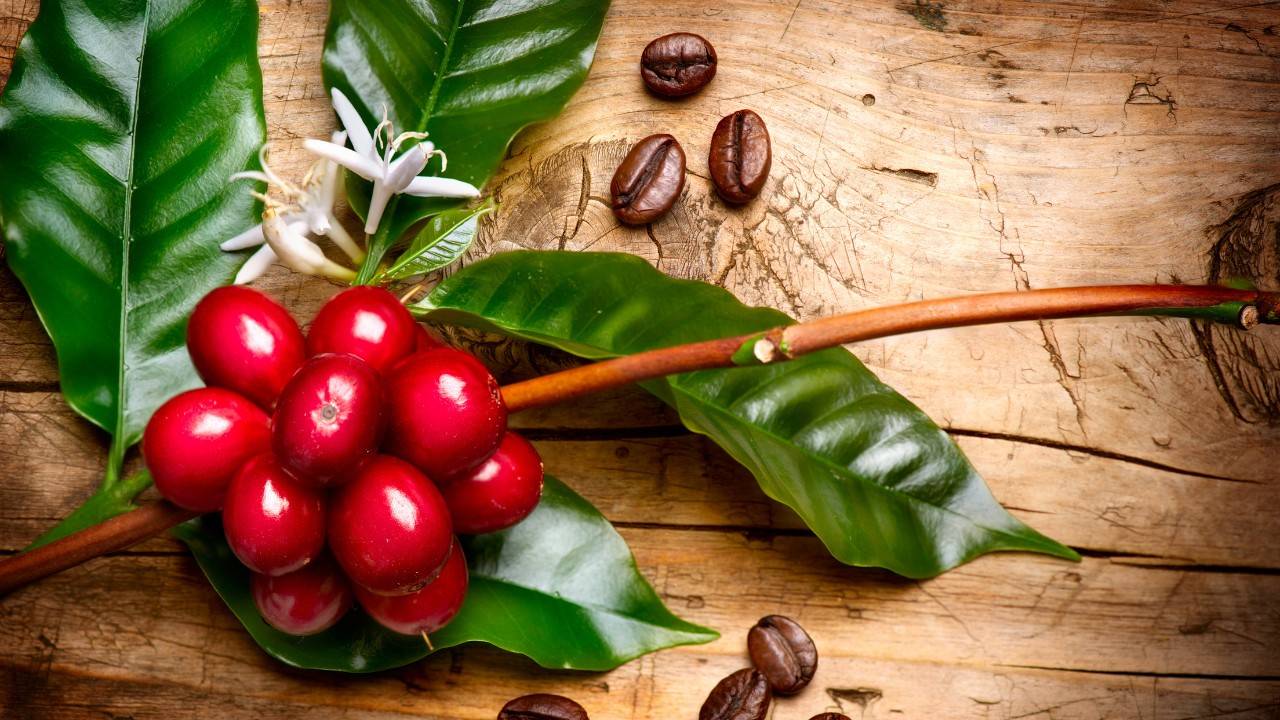As the European Union prepares to implement a groundbreaking law to combat deforestation, coffee importers in the bloc are beginning to reduce purchases from small African farmers, signaling a significant shift in the global coffee trade.
The EU Deforestation Regulation (EUDR), set to take effect in late 2024, aims to ban the sale of goods linked to forest destruction. The law requires companies to prove their products don’t originate from deforested land, or they risk facing hefty fines. This new regulation is already influencing companies’ sourcing strategies, with potential long-term impacts on global commodities markets.
Industry sources indicate a decline in orders for Ethiopian coffee, a vital crop for about 5 million farming families in the country. Johannes Dengler of Dallmayr, a German coffee roaster, expressed concerns about the feasibility of buying significant quantities of Ethiopian coffee in the future due to the stringent requirements of the EUDR.
Coffee major JDE Peets has stated it might have to exclude some smaller producing countries from its supply chain if solutions aren’t implemented soon. This could lead to increased poverty among small-scale farmers and higher prices for EU consumers, while also potentially undermining the EUDR’s goals of forest conservation.
The EUDR’s requirements include digital mapping of supply chains down to the individual plots where raw materials are grown. This poses a significant challenge, especially in developing countries with limited internet access and complex local conditions.
In Ethiopia, for example, most coffee farmers are unaware of the EUDR, and gathering the necessary data is a daunting task. The country relies heavily on coffee exports, with a significant portion going to the EU.
The law’s impact extends beyond Africa. Indonesia and Malaysia, major palm oil producers, and Brazil and Vietnam, key coffee producers, are also affected. Some companies are considering redirecting non-compliant materials to non-EU markets, which could diminish the EUDR’s effectiveness in promoting forest conservation.
Compliance costs are expected to increase food prices in the EU. Major coffee traders Sucafina and Louis Dreyfus Company have reportedly included an EUDR premium in future sales contracts.
The European Commission maintains that the EUDR will not drive food inflation and may reduce the number of intermediaries in the market. However, the challenge is particularly acute in major cocoa-producing countries like Ivory Coast, where a significant portion of the crop is sold through local intermediaries, making traceability difficult.
The situation in Ivory Coast is complicated by the fact that a sizable portion of its cocoa is grown in protected forests. The EU has urged the country not to reclassify these forests, but the issue of relocating communities and sustaining livelihoods remains a critical concern.
This landmark EU legislation, while aimed at protecting forests and combating climate change, is reshaping the landscape of global trade and posing significant challenges for small-scale farmers and major commodities producers alike.
More inspiring green news similar to this:

